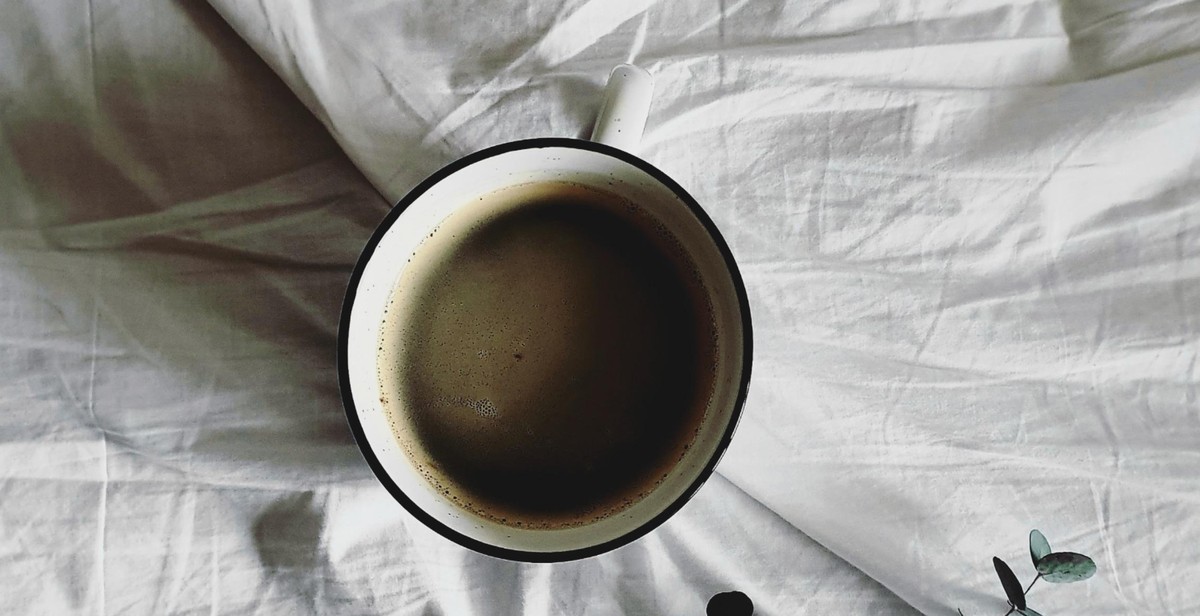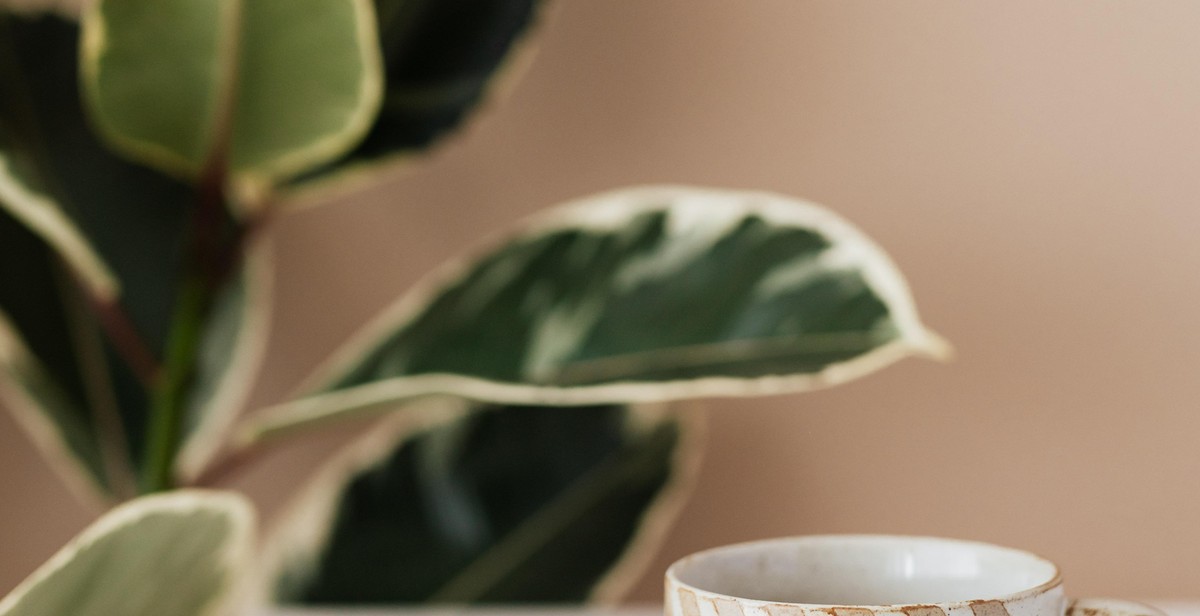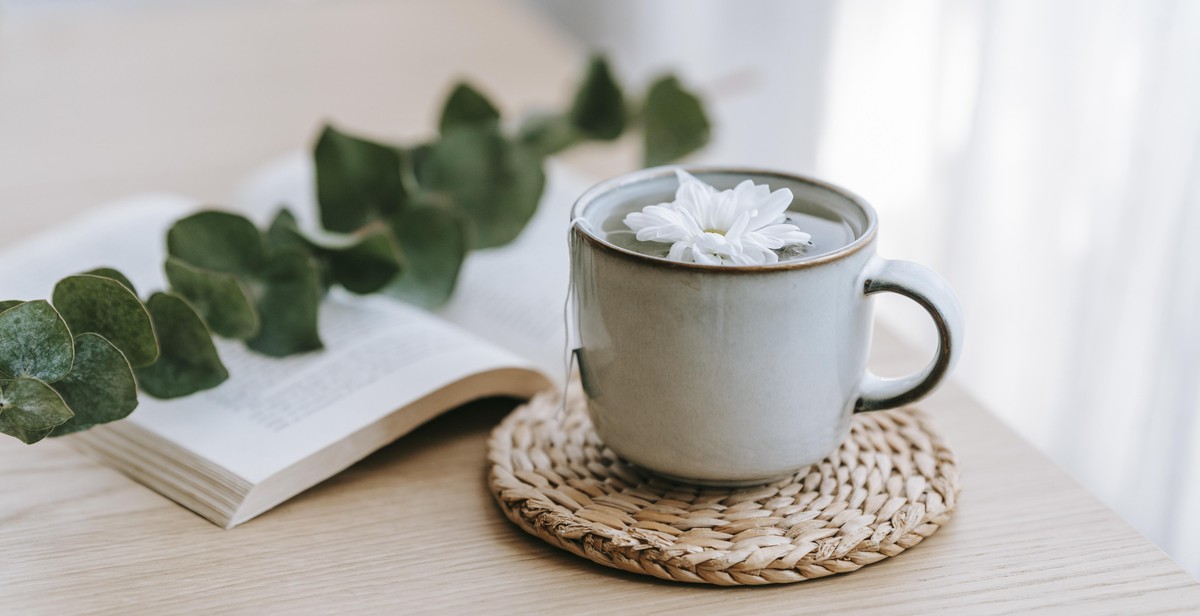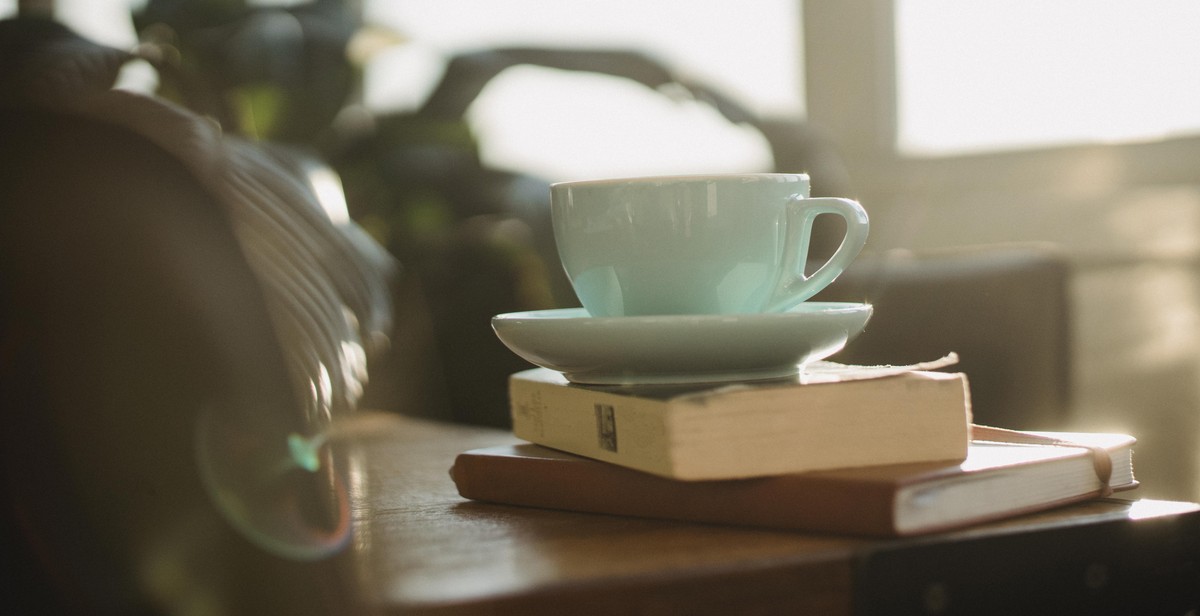How to Brew the Perfect Cup of White Tea
If you are a tea lover, you might have already tried different types of teas. Among the different varieties of tea, white tea is one of the most delicate and subtle teas. It is made from the young leaves and buds of the Camellia sinensis plant and is minimally processed. White tea has a delicate flavor and aroma, and it is rich in antioxidants and other health benefits. Brewing a perfect cup of white tea requires attention to detail and a few simple steps.
Choosing the Right White Tea
The first step to brewing the perfect cup of white tea is to choose the right tea leaves. There are different varieties of white tea, and each has a unique flavor and aroma. Look for high-quality loose leaf white tea that is fresh and fragrant. Avoid tea bags as they often contain low-quality tea leaves and may not give you the best flavor.
Preparing the Water
The quality of the water you use to brew your white tea is as important as the tea leaves themselves. Use fresh, filtered water and avoid tap water if it has a strong taste or odor. Heat the water to just below boiling point, around 175-185°F, as white tea is delicate and can be easily over-brewed or scalded.
Brewing the White Tea
Once you have chosen the right tea leaves and prepared the water, it’s time to brew the white tea. Use a tea infuser or strainer and add one teaspoon of loose leaf white tea per cup of water. Steep the tea for 2-3 minutes, depending on the strength of the tea you prefer. Do not over-brew the tea as it can become bitter and lose its delicate flavor.
By following these simple steps, you can brew a perfect cup of white tea that is fragrant, delicate, and full of health benefits.

What is White Tea?
White tea is a type of tea that is made from the Camellia sinensis plant, just like black, green, and oolong teas. What sets white tea apart from other teas is that it is made from the youngest leaves and buds of the plant, which are picked before they are fully open and still have a white, downy appearance. These leaves are then minimally processed, with no oxidation or rolling, resulting in a delicate and subtle flavor profile.
White Tea vs. Other Teas
Compared to other types of tea, white tea has a much milder flavor and lower caffeine content. This is because the young leaves and buds used to make white tea have lower levels of caffeine and other compounds that give tea its characteristic flavor. Additionally, white tea is not oxidized like black and oolong teas, which can give those teas a stronger and more robust flavor.
White tea is also unique in that it is often grown in more remote and mountainous regions, where the tea plants are exposed to less sunlight and grow more slowly. This can result in a more complex and nuanced flavor profile, with subtle floral and fruity notes that are not found in other types of tea.
Benefits of White Tea
White tea is known for its high levels of antioxidants, which can help protect the body against damage from free radicals. These antioxidants have been linked to a range of health benefits, including a reduced risk of heart disease, cancer, and stroke.
White tea also contains theanine, an amino acid that has been shown to have a calming effect on the body and may help reduce stress and anxiety. Additionally, the low caffeine content of white tea can make it a good choice for those who are sensitive to caffeine or who want to limit their caffeine intake.
| Benefits of White Tea | |
|---|---|
| High in antioxidants | Helps protect the body against damage from free radicals |
| Contains theanine | Has a calming effect on the body and may help reduce stress and anxiety |
| Low caffeine content | A good choice for those who are sensitive to caffeine or who want to limit their caffeine intake |
Overall, white tea is a unique and flavorful tea that offers a range of health benefits. Whether you are a tea enthusiast or just looking for a new type of tea to try, white tea is definitely worth exploring.

Choosing the Right White Tea
When it comes to choosing the right white tea, there are a few factors to consider. One of the most important decisions is whether to use loose leaf white tea or tea bags.
Loose Leaf vs. Tea Bags
Loose leaf white tea is generally considered to be of higher quality than tea bags. This is because loose leaf tea is made up of whole tea leaves that have more complex flavors and aromas. Tea bags, on the other hand, are often made up of broken tea leaves and tea dust, which can result in a less flavorful cup of tea.
Additionally, loose leaf tea allows for more control over the brewing process, as you can adjust the amount of tea leaves used and the steeping time to your liking. Tea bags, on the other hand, often come in pre-portioned sizes and may not allow for as much customization.
Selecting the Best Quality White Tea
When selecting white tea, it’s important to choose a high-quality tea to ensure the best possible flavor. Here are some tips for selecting the best white tea:
- Look for tea that is made up of whole tea leaves, rather than broken leaves or tea dust.
- Choose tea that has been harvested recently, as fresher tea generally has a better flavor.
- Consider the origin of the tea. Some regions, such as China’s Fujian province, are known for producing high-quality white tea.
- Check for certifications, such as organic or fair trade, to ensure that the tea has been produced in an ethical and sustainable manner.
By choosing the right white tea and brewing it using the proper techniques, you can enjoy a delicious and satisfying cup of tea.

Preparing Your Equipment
Before you begin brewing your perfect cup of white tea, it’s important to ensure that you have the right equipment and that it’s prepared properly. Here are some tips to get you started:
Teapot or Infuser
The first thing you’ll need is a teapot or infuser to steep your white tea leaves. While you can use a traditional teapot, many people prefer to use an infuser because it allows the tea leaves to expand fully and release their flavor. If you choose to use an infuser, be sure to select one that is large enough to hold your tea leaves without overcrowding them.
Water Temperature
Next, you’ll need to heat your water to the correct temperature. White tea is delicate and can be easily over-steeped, so it’s important to use water that is not too hot. The ideal temperature for brewing white tea is between 170°F and 185°F. To achieve this temperature, you can use a thermometer or an electric kettle with temperature control.
Measuring Tools
To ensure that you use the right amount of tea leaves, it’s important to have measuring tools on hand. You can use a kitchen scale to weigh your tea leaves or a measuring spoon to measure the amount of tea you need. The standard ratio for brewing white tea is 1 teaspoon of tea leaves per 8 ounces of water. If you prefer a stronger tea, you can increase the amount of tea leaves slightly.
| Amount of Tea Leaves | Amount of Water |
|---|---|
| 1 teaspoon | 8 ounces |
By following these tips and properly preparing your equipment, you’ll be well on your way to brewing the perfect cup of white tea.

Brewing Your White Tea
White tea is a delicate and nuanced beverage that requires careful attention to detail when brewing. The following are important factors to consider when preparing your perfect cup of white tea:
Steeping Time and Temperature
The ideal temperature for steeping white tea is between 160°F and 180°F (71°C-82°C) to avoid burning the delicate tea leaves. It is recommended to steep white tea for 2-3 minutes, but this can vary depending on the type of white tea you are using. Some white teas, such as Silver Needle, may require a shorter steeping time of 1-2 minutes, while other white teas, such as White Peony, may require a longer steeping time of 3-4 minutes.
It is important to note that steeping white tea for too long can result in a bitter taste. Therefore, it is essential to keep an eye on the steeping time and remove the tea leaves promptly once the desired flavor is achieved.
Water to Tea Ratio
The water to tea ratio is also an essential factor to consider when brewing white tea. A general rule of thumb is to use 2-3 grams of tea per 8 ounces of water. However, the water to tea ratio can vary depending on the type of white tea and personal preference.
For example, if you prefer a stronger flavor, you may want to use a higher tea to water ratio, while if you prefer a milder flavor, you may want to use a lower tea to water ratio. It is recommended to experiment with different ratios to find the perfect balance for your taste buds.
| White Tea Type | Water Temperature | Steeping Time | Water to Tea Ratio |
|---|---|---|---|
| Silver Needle | 160°F-170°F (71°C-77°C) | 1-2 minutes | 2-3 grams of tea per 8 ounces of water |
| White Peony | 175°F-180°F (79°C-82°C) | 3-4 minutes | 2-3 grams of tea per 8 ounces of water |
By following these guidelines, you can ensure that your white tea is brewed to perfection, with a delicate and nuanced flavor profile that is sure to satisfy your taste buds!

Final Thoughts
White tea is a delicate and nuanced tea that requires a gentle hand to brew properly. By following the steps outlined in this article, you can ensure that you are brewing the perfect cup of white tea every time.
Tips for Perfect White Tea
- Use high-quality loose leaf white tea for the best flavor.
- Use fresh, filtered water and bring it to the correct temperature for white tea.
- Steep the tea for the appropriate amount of time to prevent bitterness.
- Experiment with different brewing methods and tea-to-water ratios to find your perfect cup.
Health Benefits of White Tea
White tea is not only delicious, but it also offers numerous health benefits. It is packed with antioxidants, which can help protect your body from damage caused by free radicals. White tea has also been shown to improve cardiovascular health and boost the immune system.
Conclusion
Brewing the perfect cup of white tea may take some practice, but it is well worth the effort. With its delicate flavor and numerous health benefits, white tea is a great addition to any tea lover’s collection. So, next time you’re in the mood for a relaxing cup of tea, give white tea a try and enjoy all that it has to offer.
